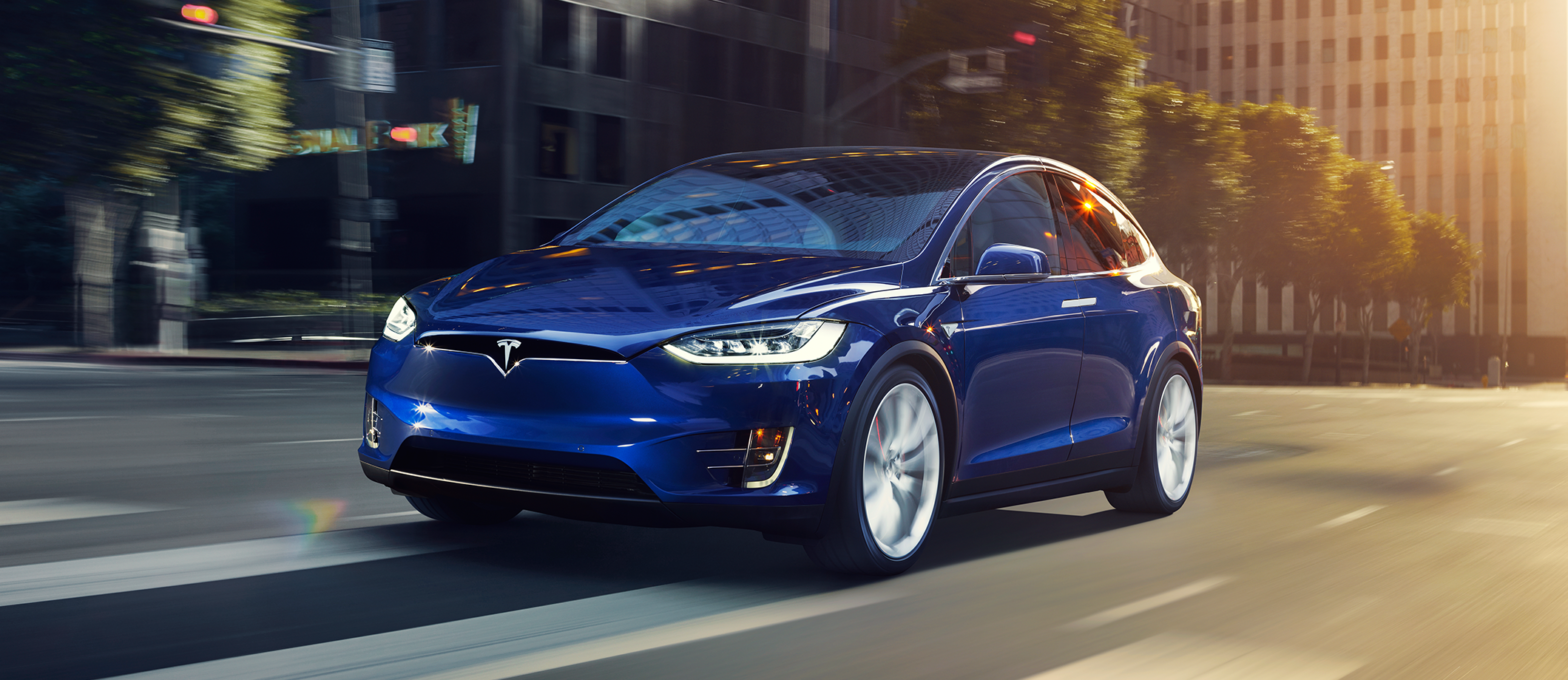Tesla released a blog post Monday defending a petition to the National Highway Traffic Safety Administration claiming the company’s vehicles are prone to “unintended acceleration.”
The petition reportedly covers all Tesla models sold between 2012 and 2019, roughly 500,000 vehicles. The petition cited 127 complaints, including 110 crashes and 52 injuries.
Tesla said the allegations were false and initiated by a Tesla short-seller.
“Over the past several years, we discussed with NHTSA the majority of the complaints alleged in the petition,” Tesla said in the post. “In every case we reviewed with them, the data proved the vehicle functioned properly.”
See the full blog post below:
There is no “unintended acceleration” in Tesla vehicles
The Tesla Team – January 20, 2020This petition is completely false and was brought by a Tesla short-seller. We investigate every single incident where the driver alleges to us that their vehicle accelerated contrary to their input, and in every case where we had the vehicle’s data, we confirmed that the car operated as designed. In other words, the car accelerates if, and only if, the driver told it to do so, and it slows or stops when the driver applies the brake.
While accidents caused by a mistaken press of the accelerator pedal have been alleged for nearly every make/model of vehicle on the road, the accelerator pedals in Model S, X and 3 vehicles have two independent position sensors, and if there is any error, the system defaults to cut off motor torque. Likewise, applying the brake pedal simultaneously with the accelerator pedal will override the accelerator pedal input and cut off motor torque, and regardless of the torque, sustained braking will stop the car. Unique to Tesla, we also use the Autopilot sensor suite to help distinguish potential pedal misapplications and cut torque to mitigate or prevent accidents when we’re confident the driver’s input was unintentional. Each system is independent and records data, so we can examine exactly what happened.
We are transparent with NHTSA, and routinely review customer complaints of unintended acceleration with them. Over the past several years, we discussed with NHTSA the majority of the complaints alleged in the petition. In every case we reviewed with them, the data proved the vehicle functioned properly.
